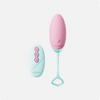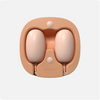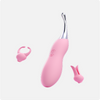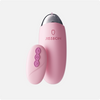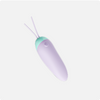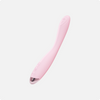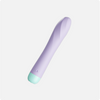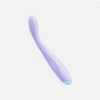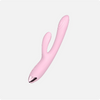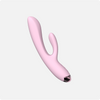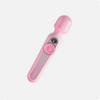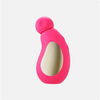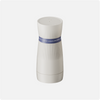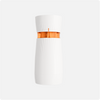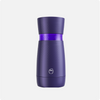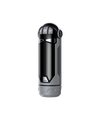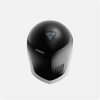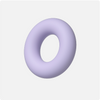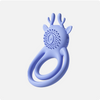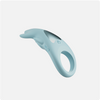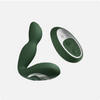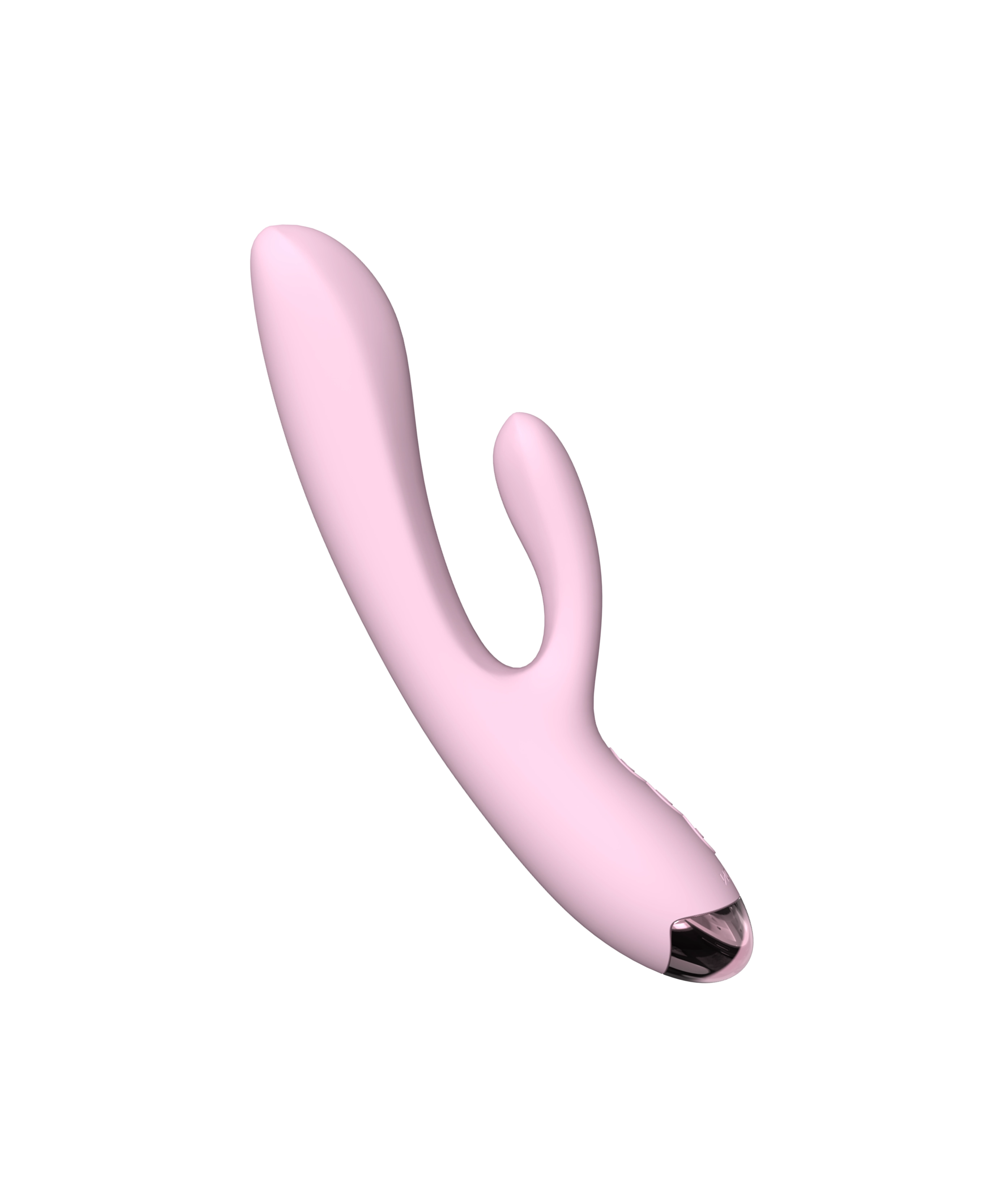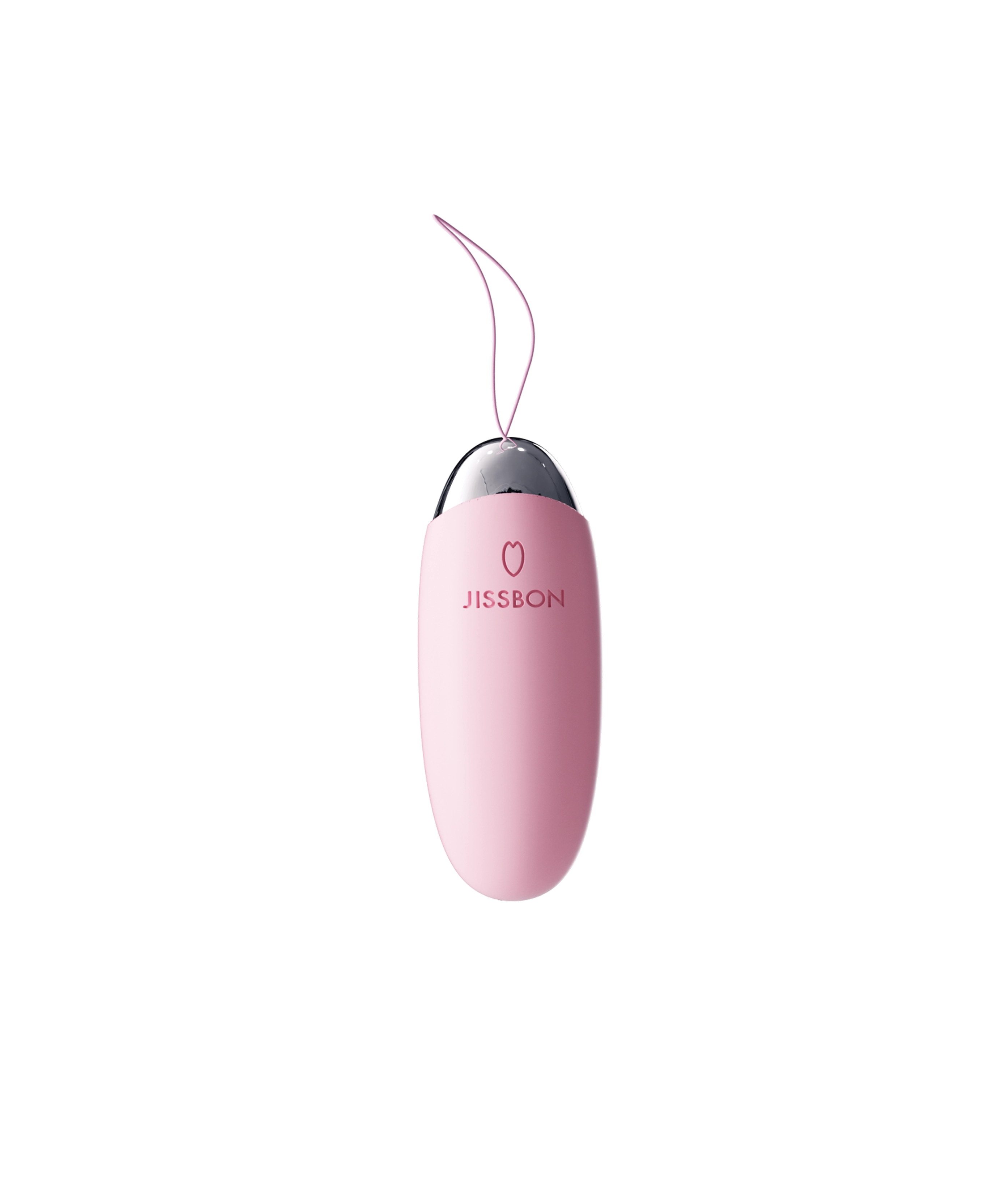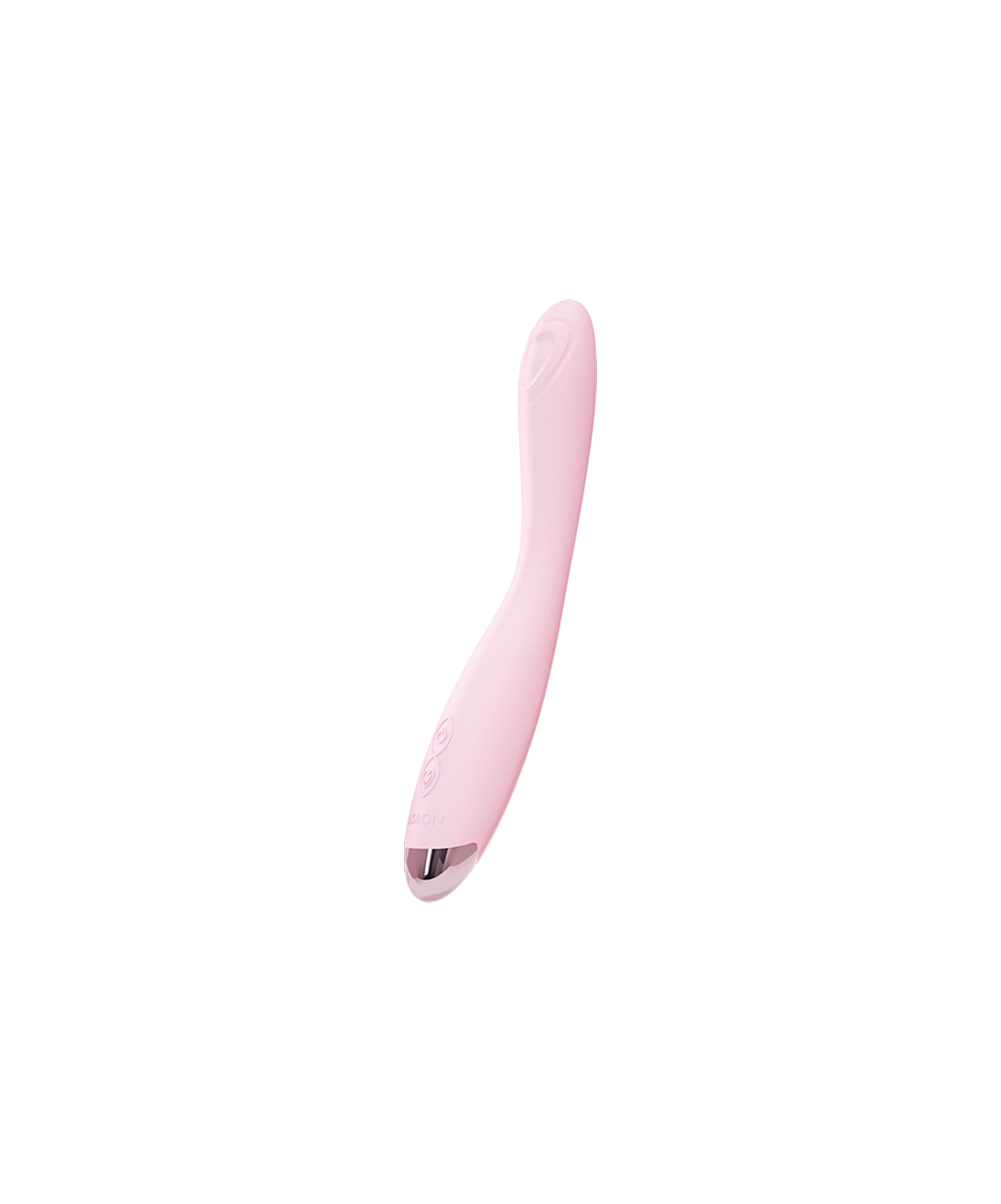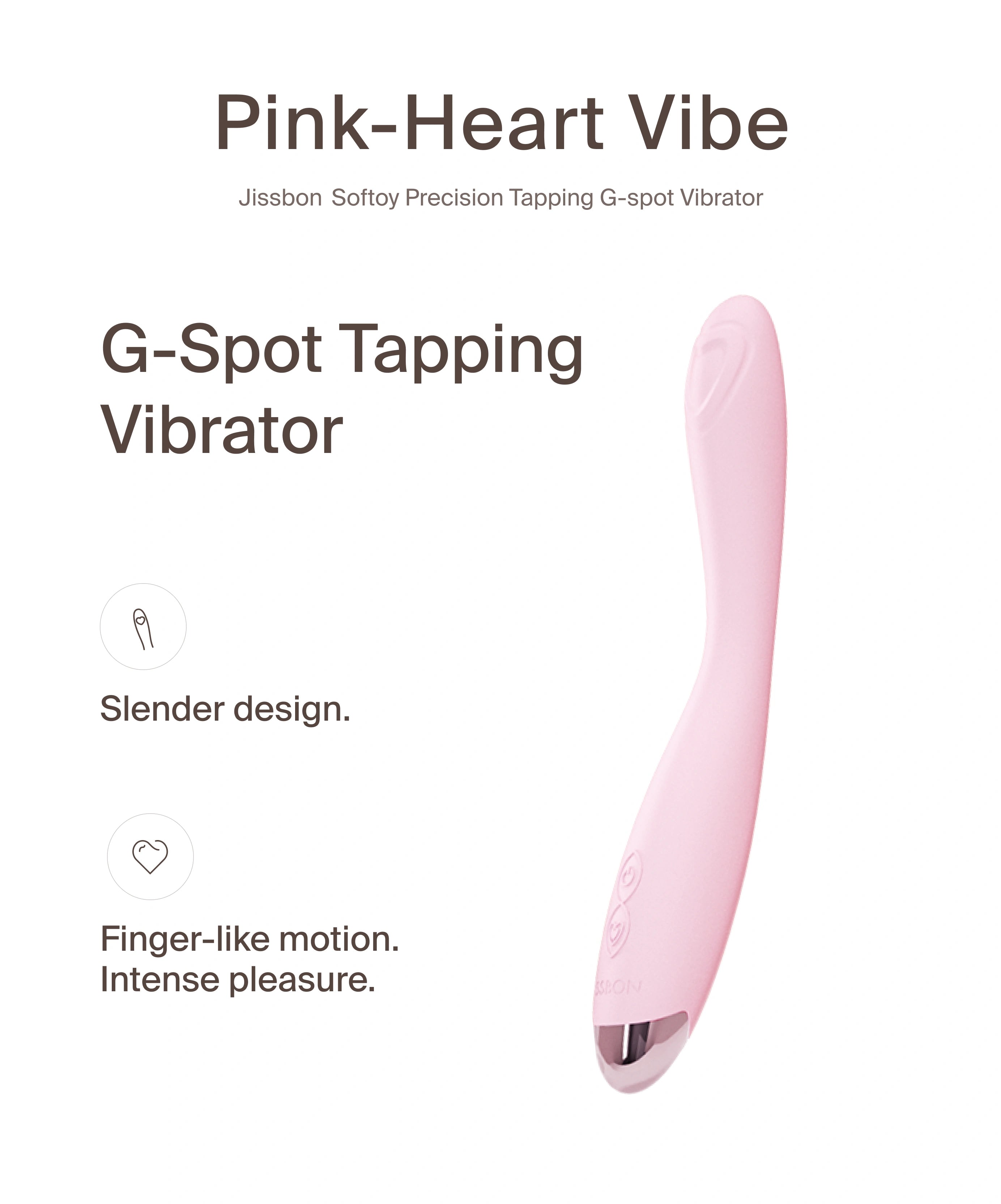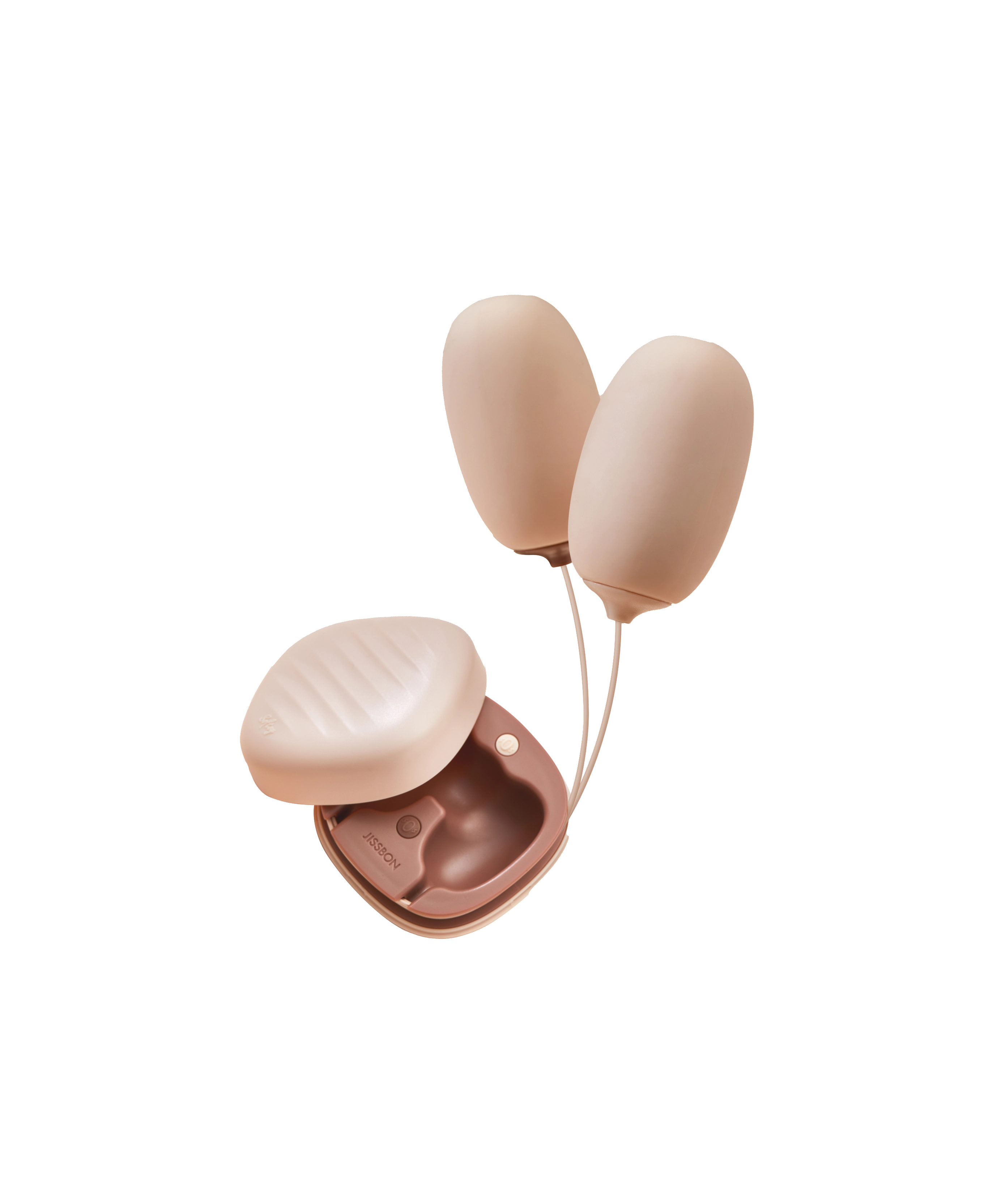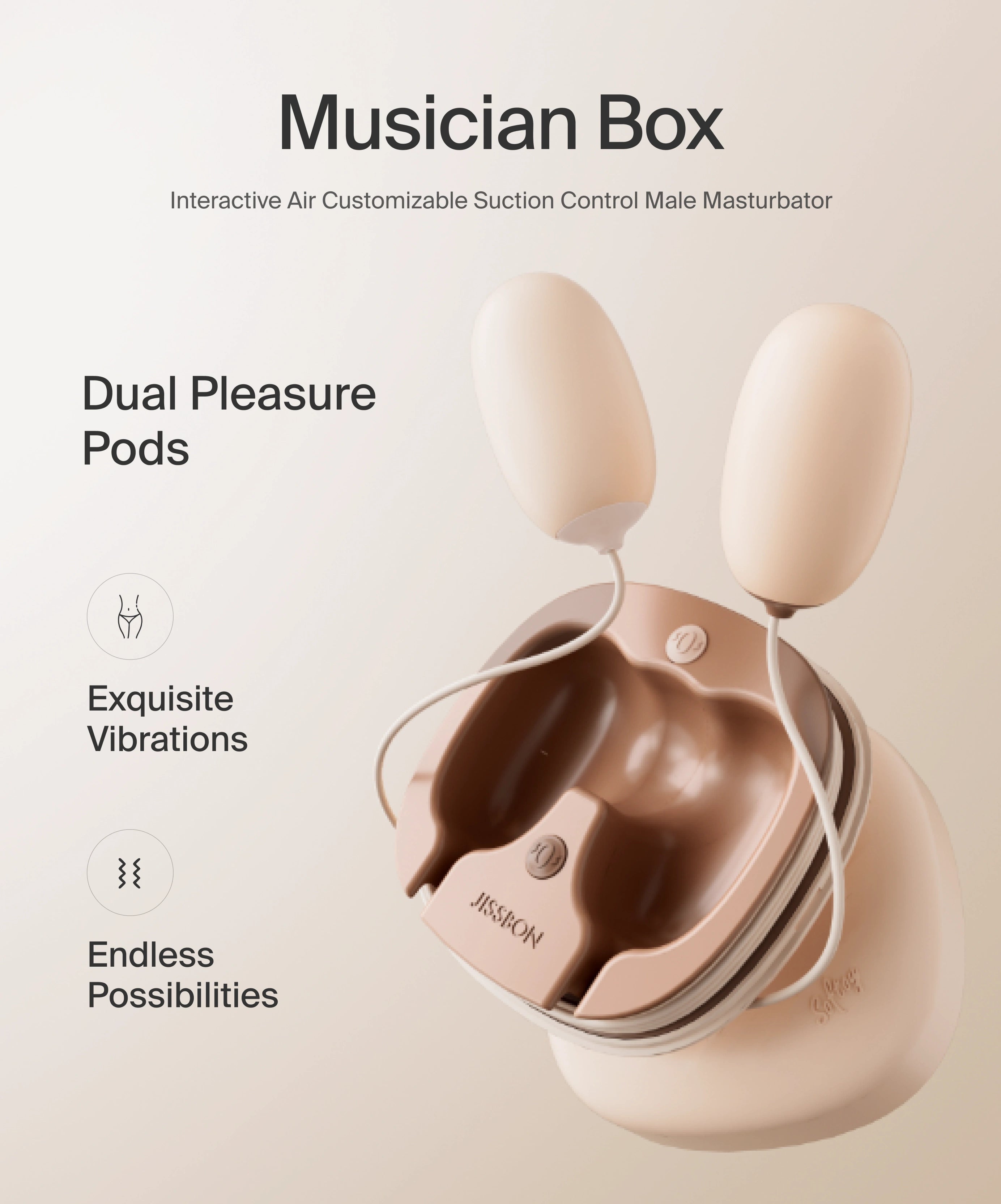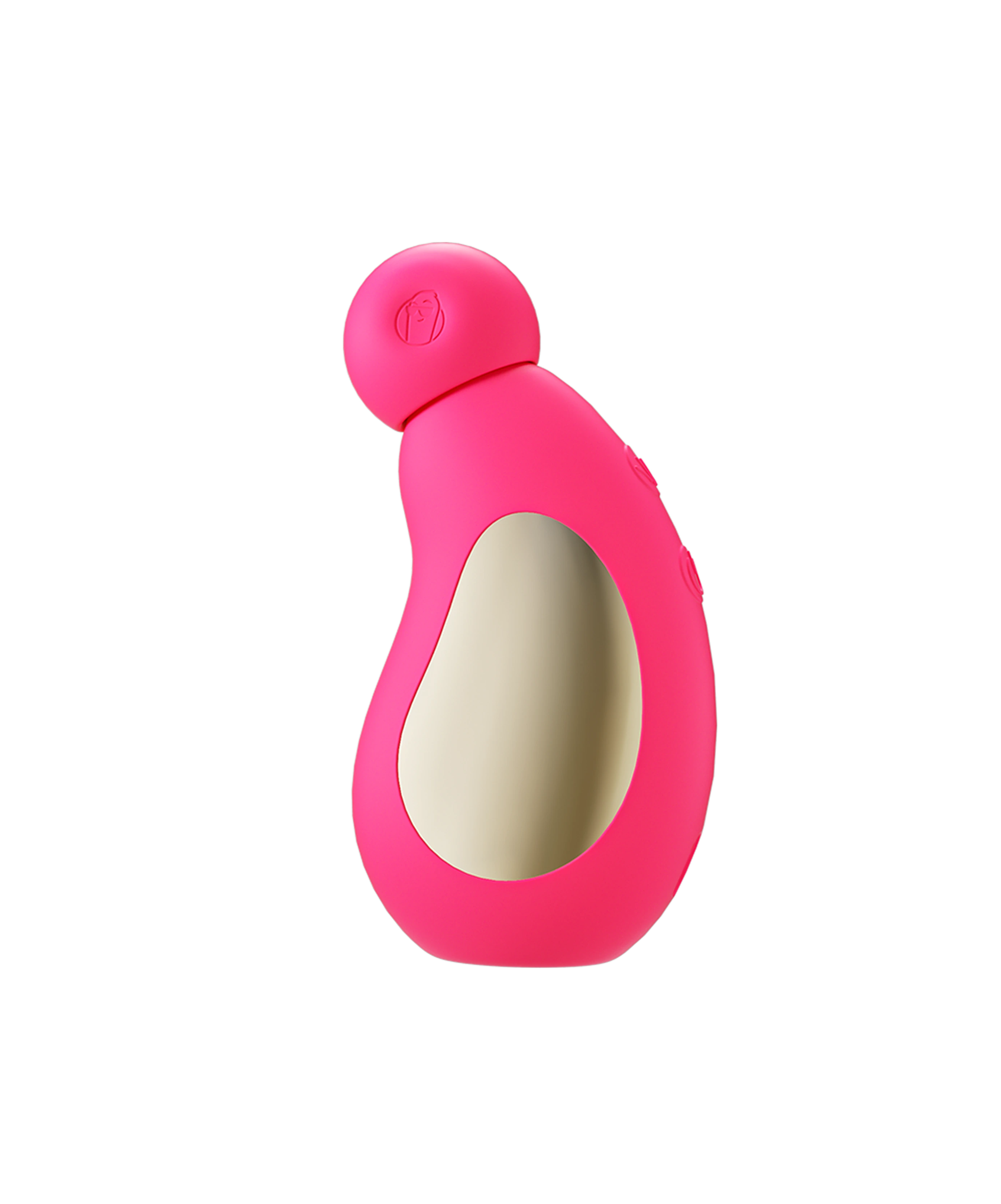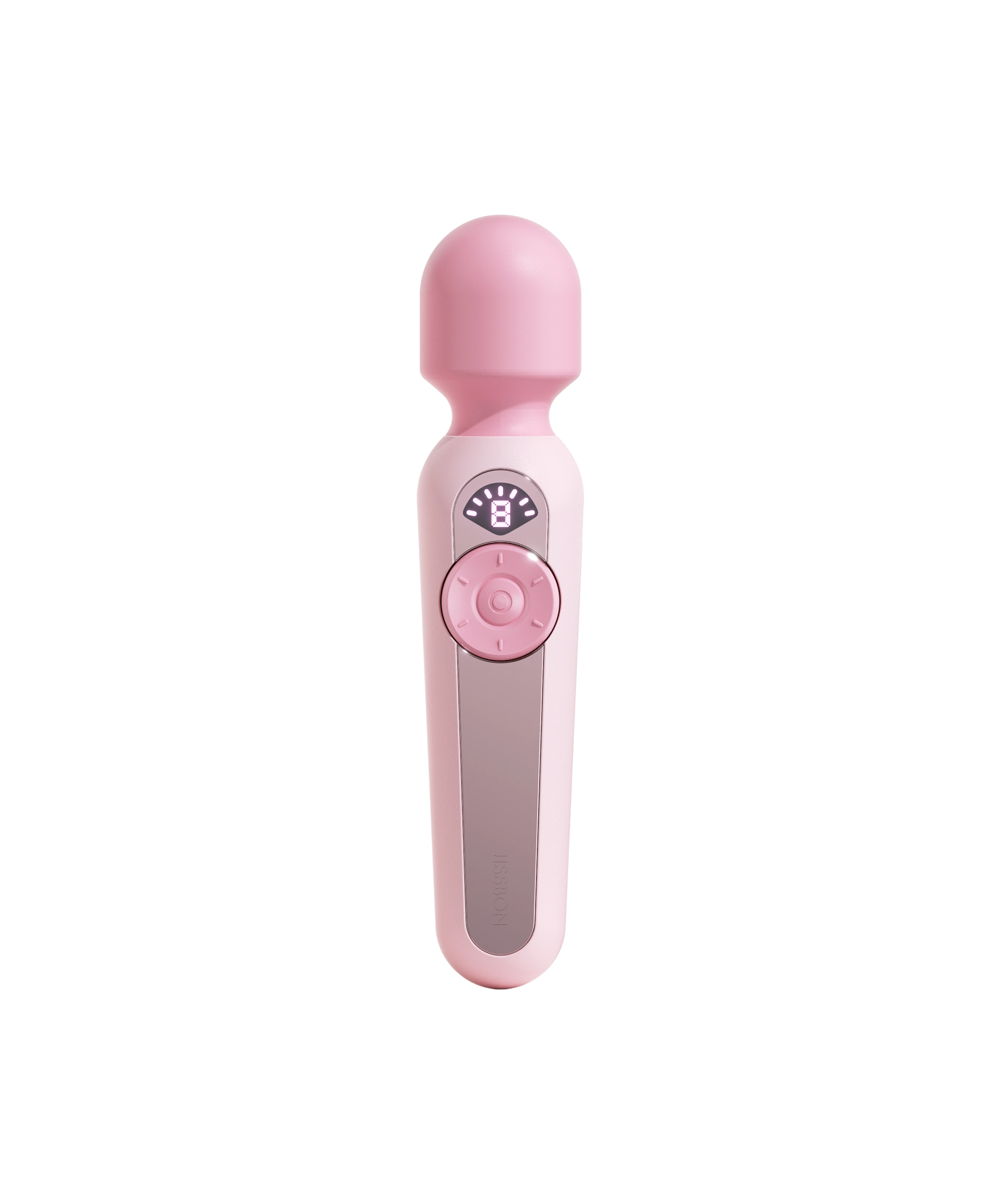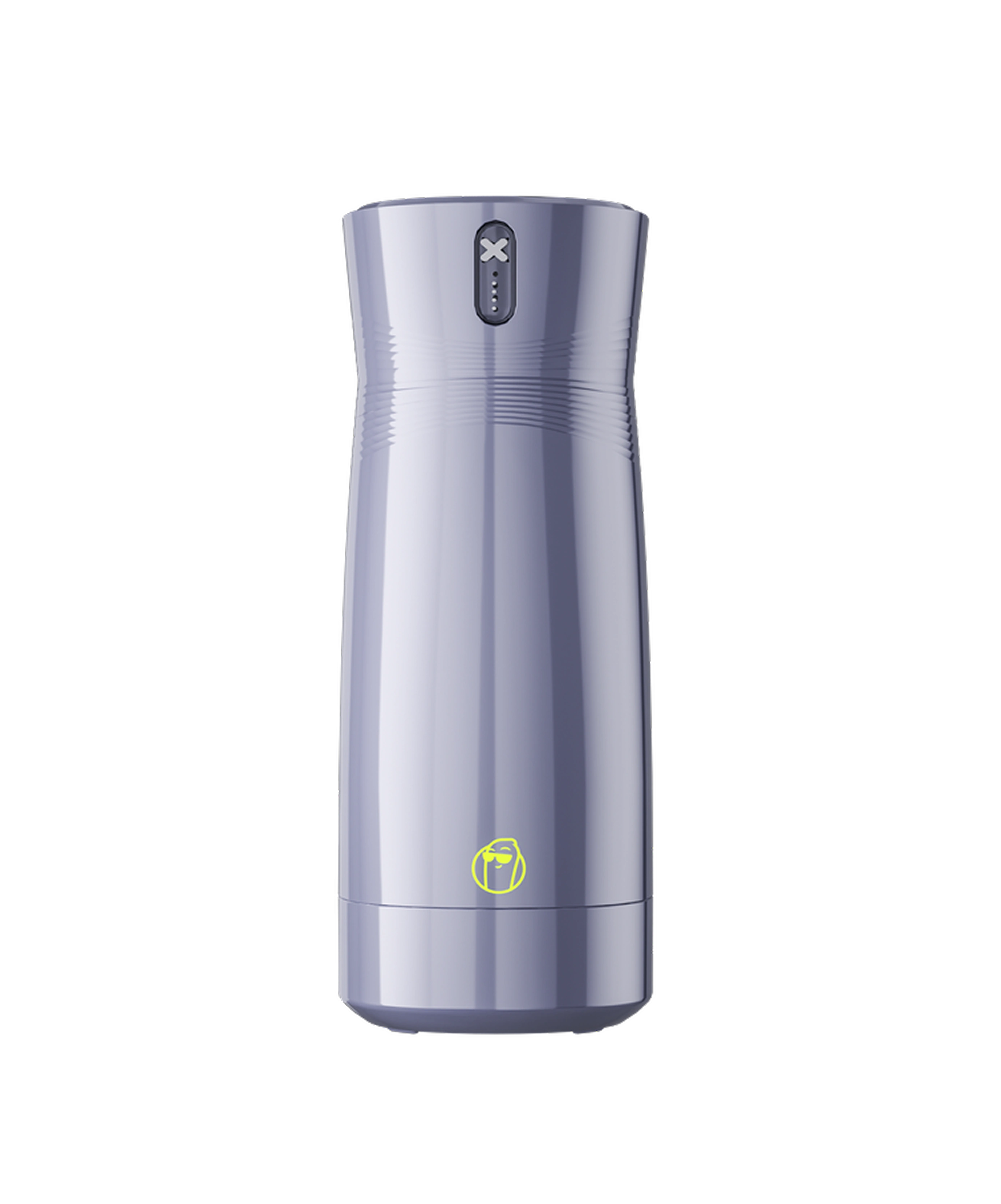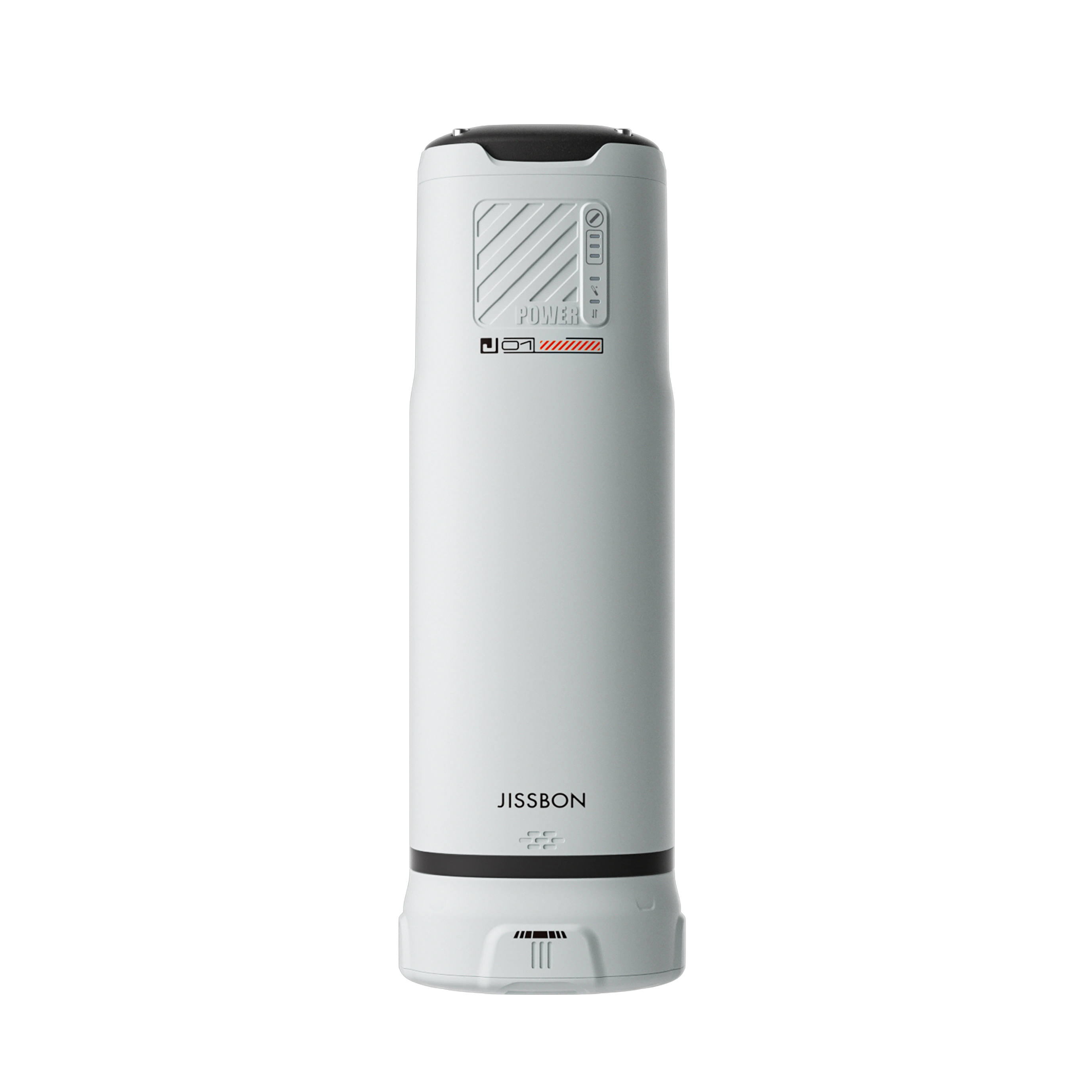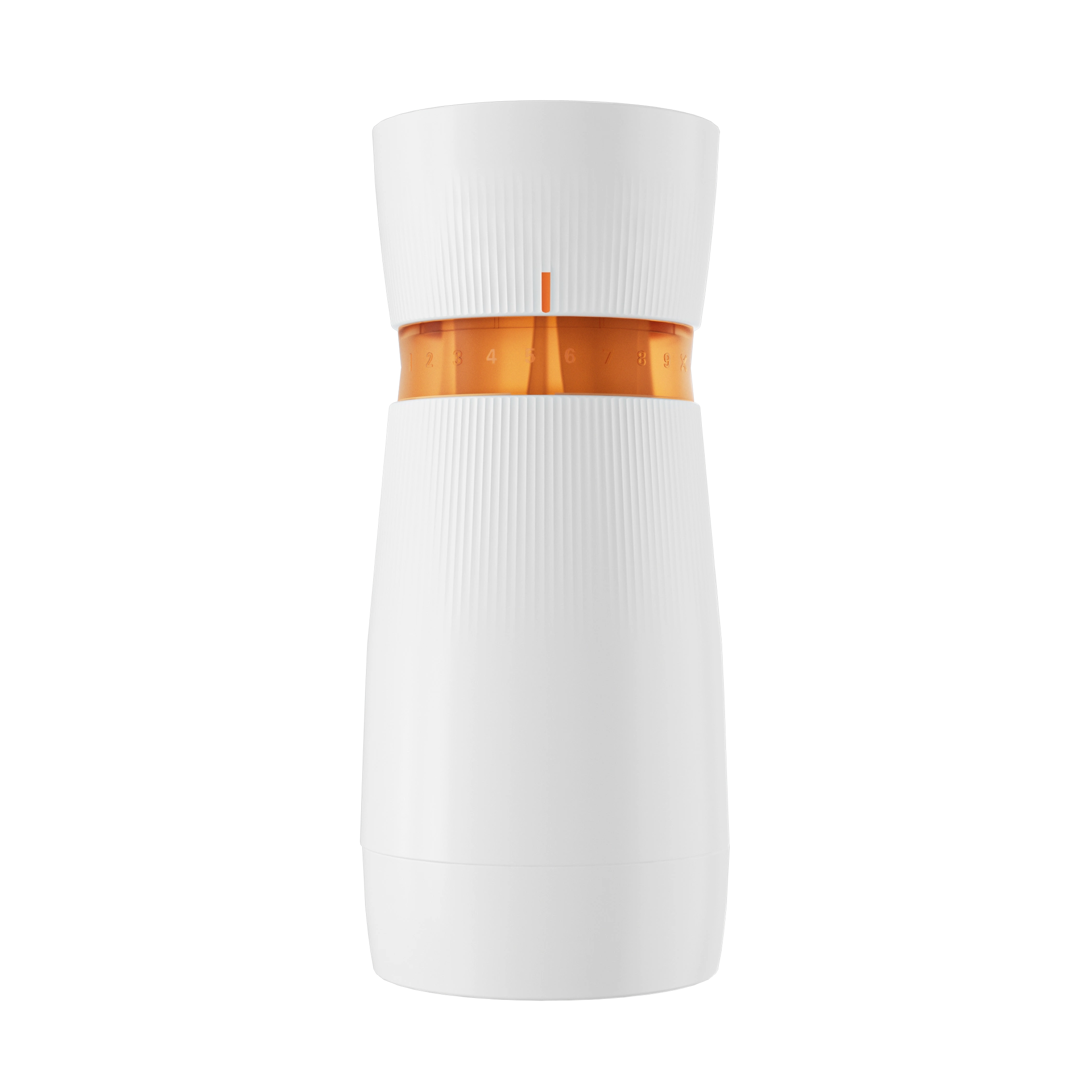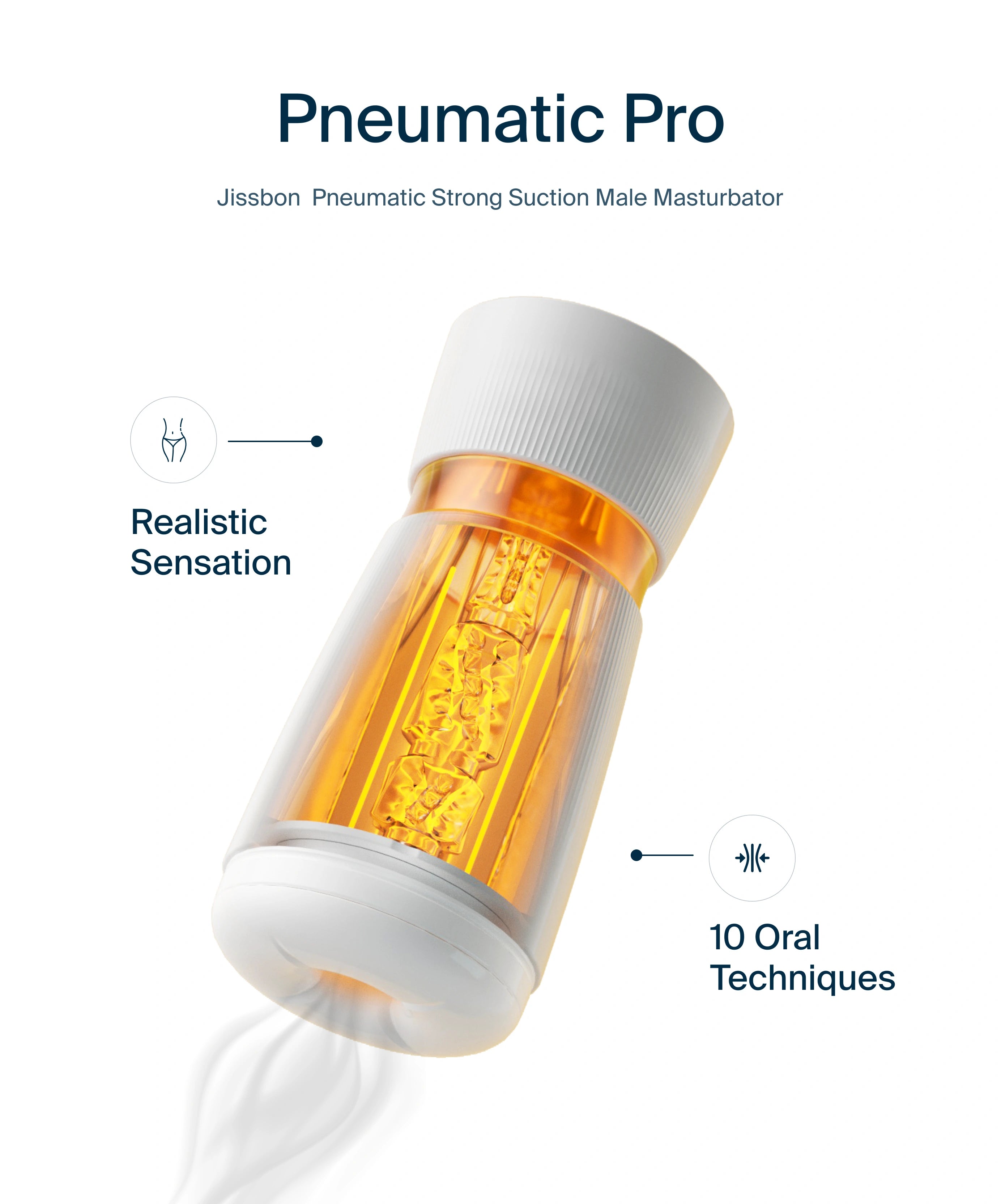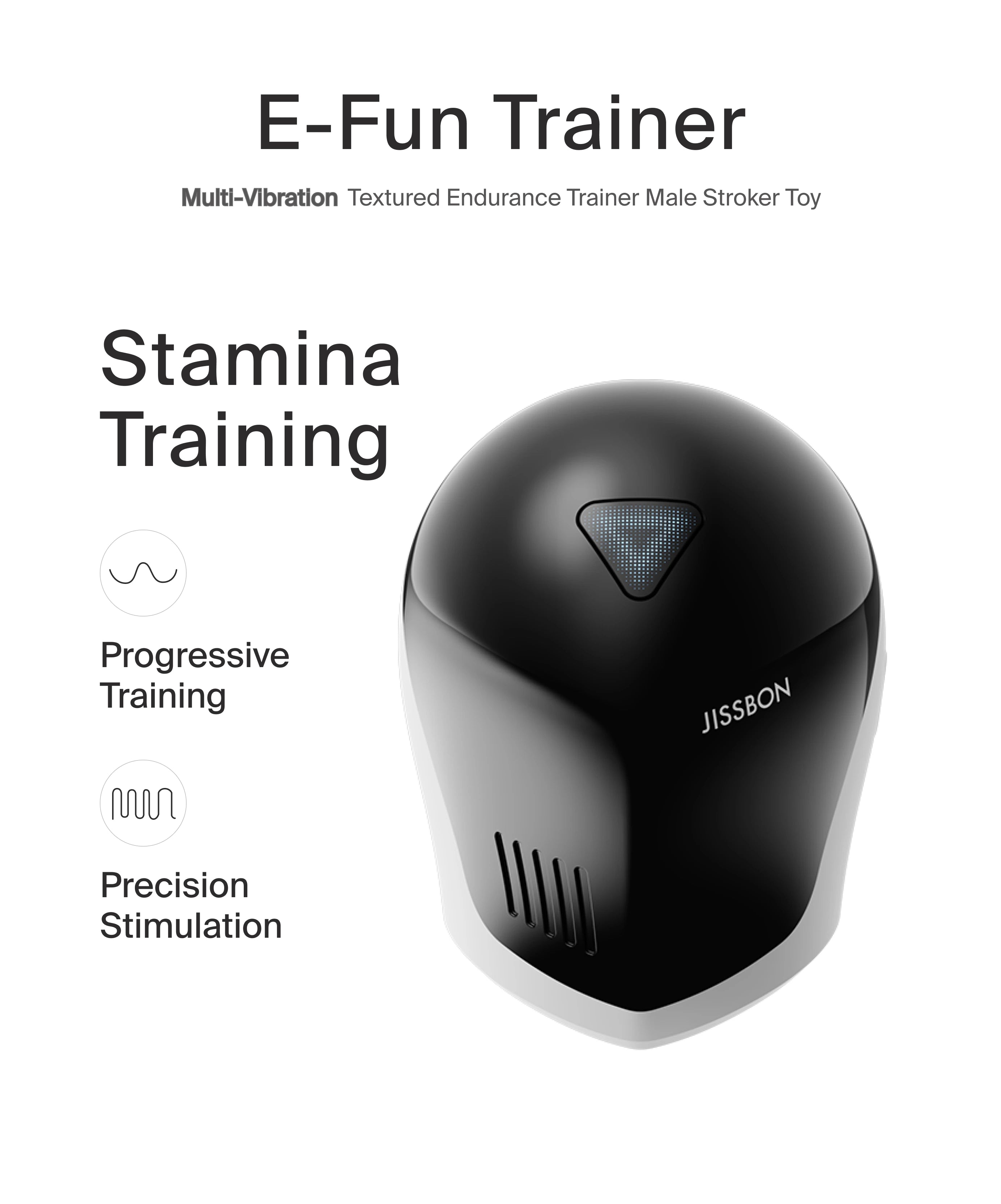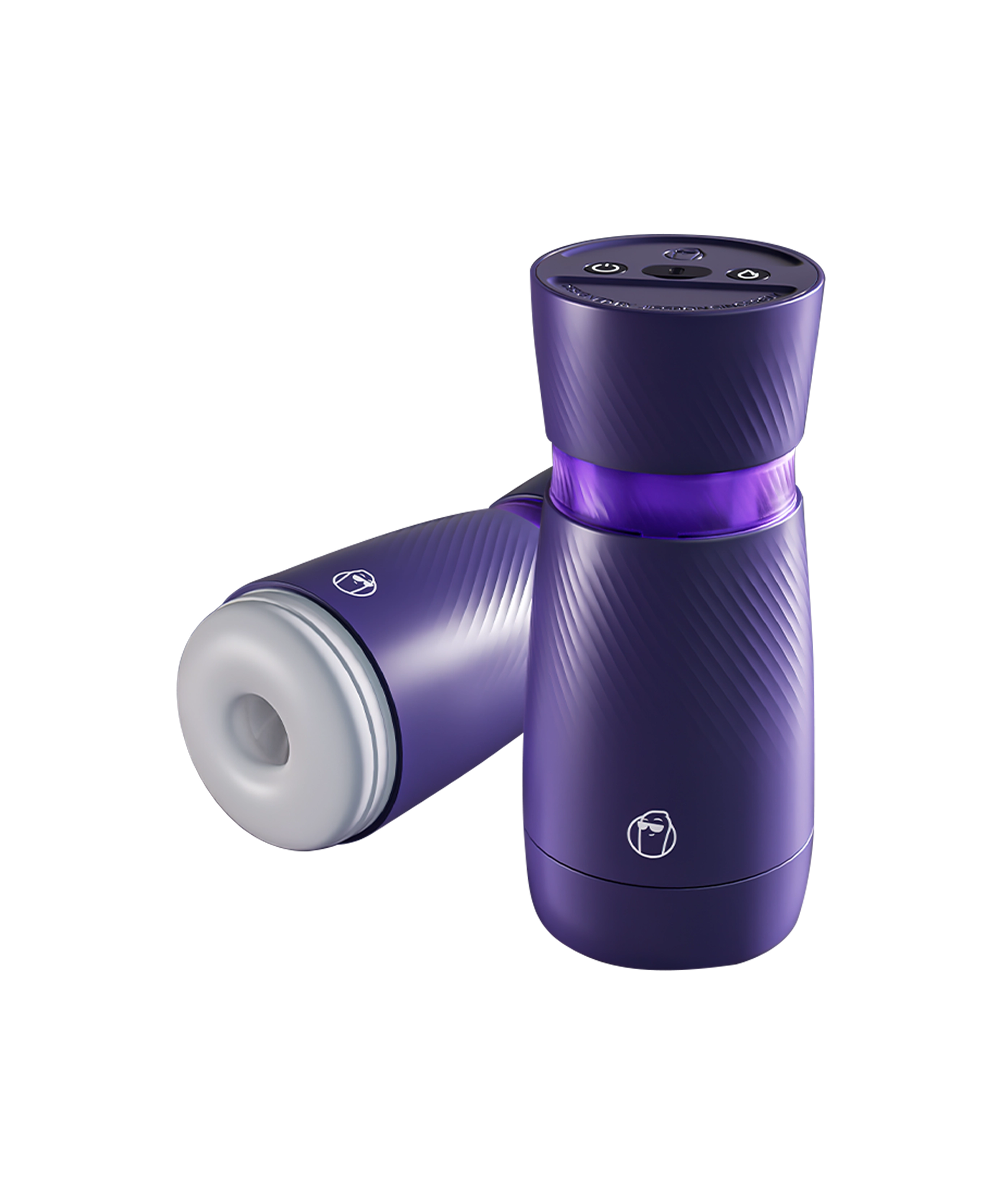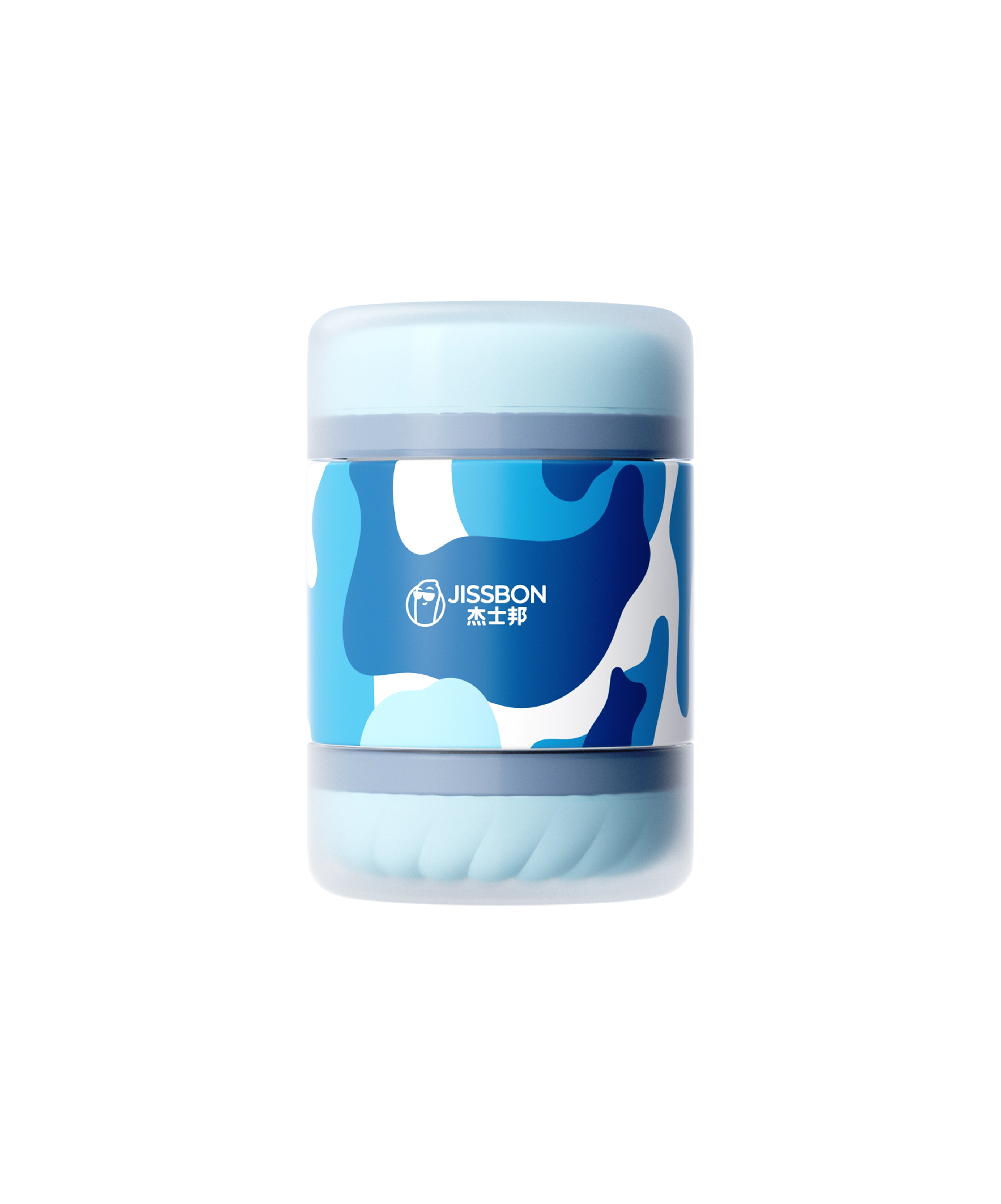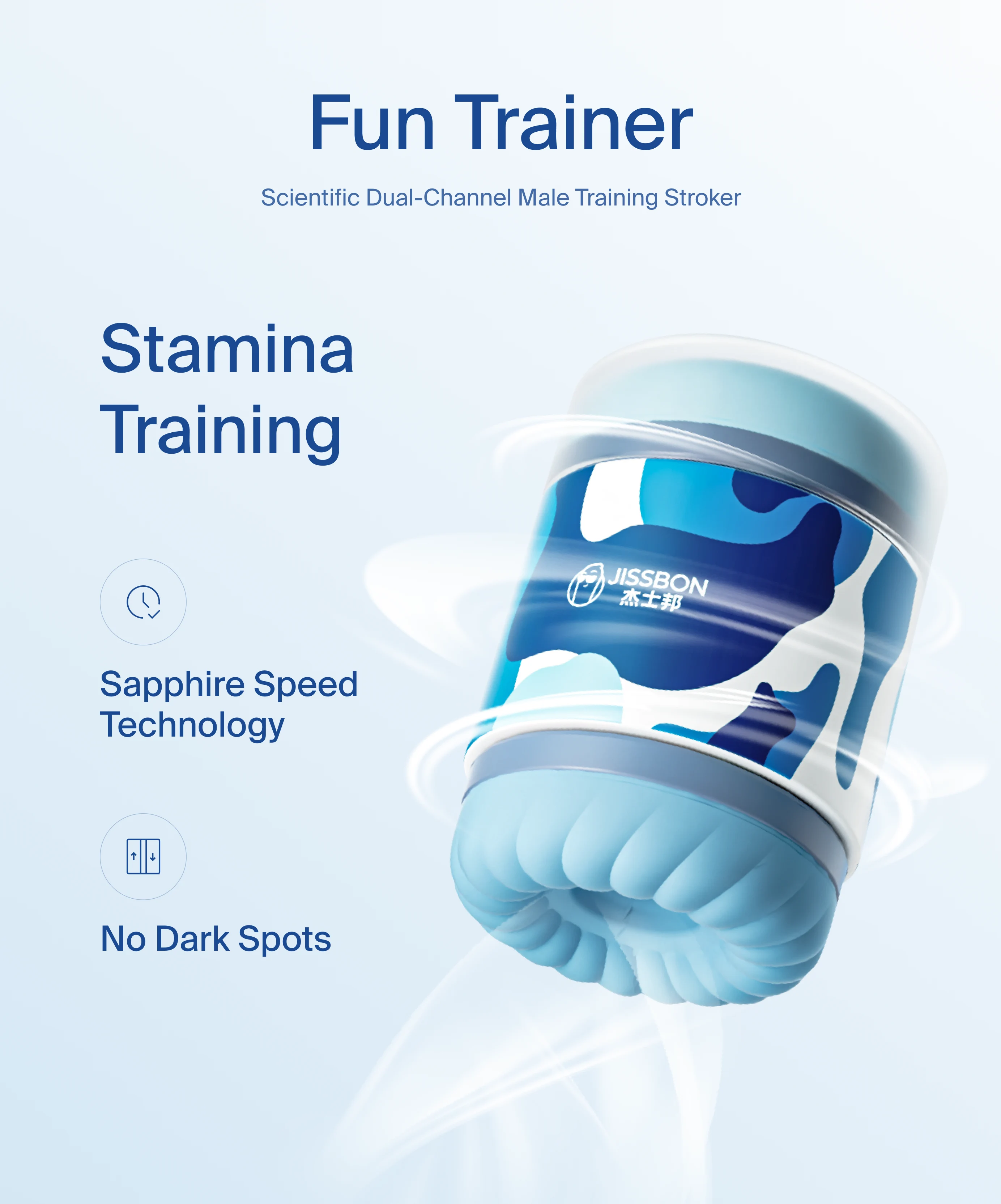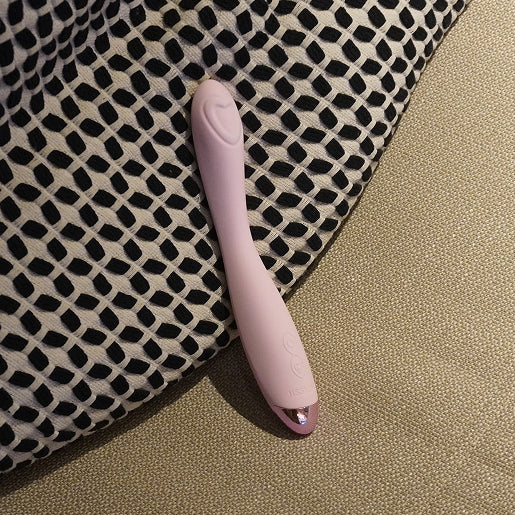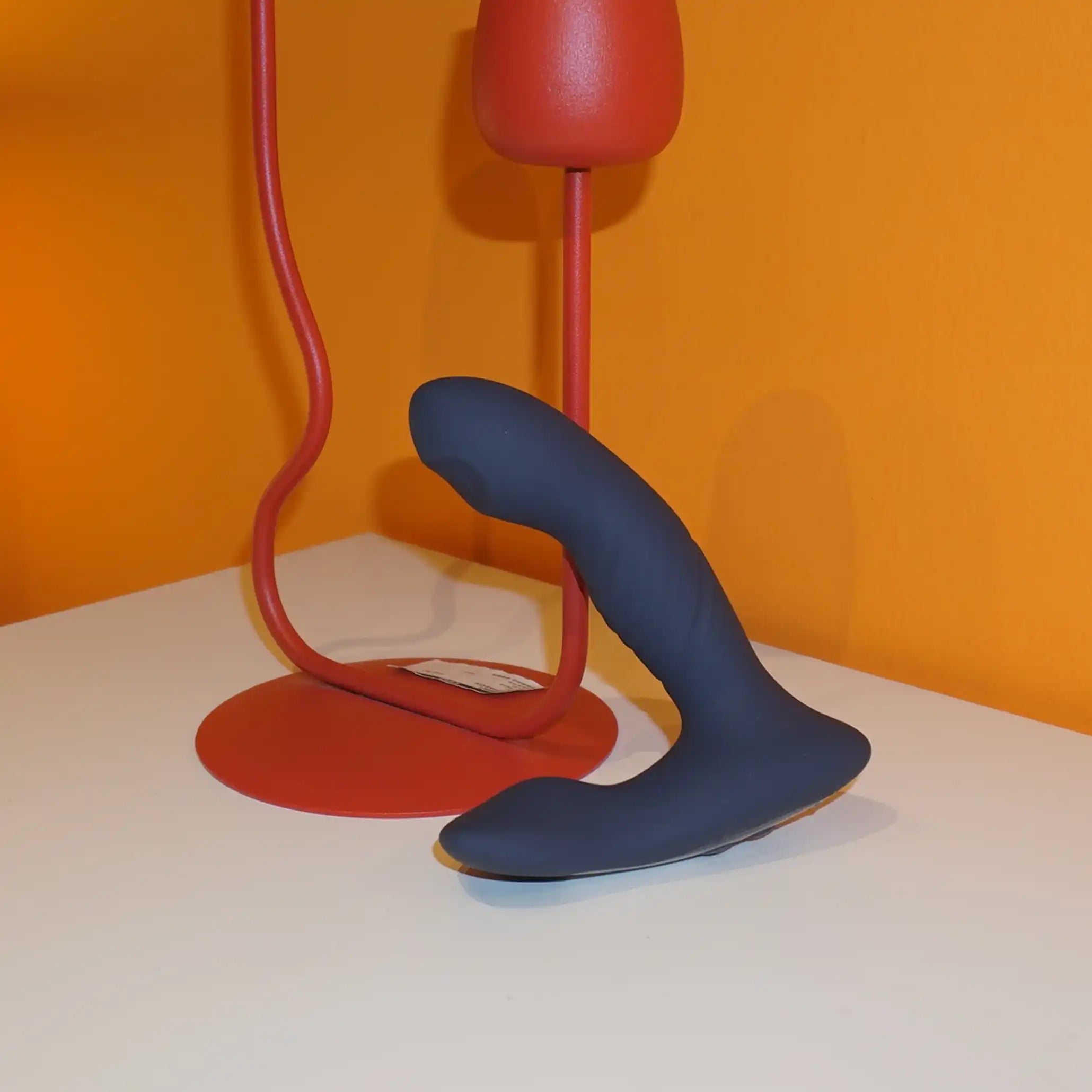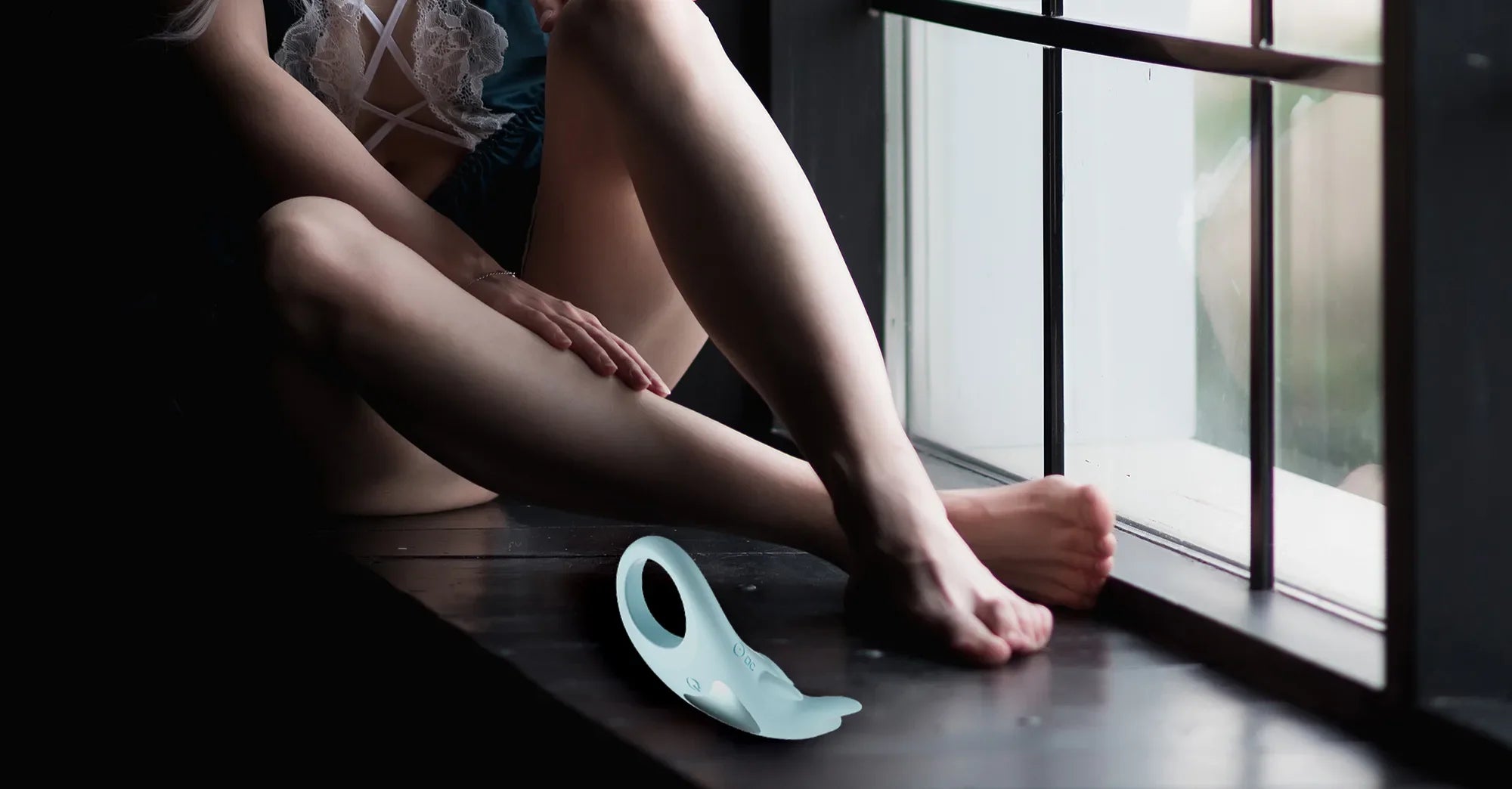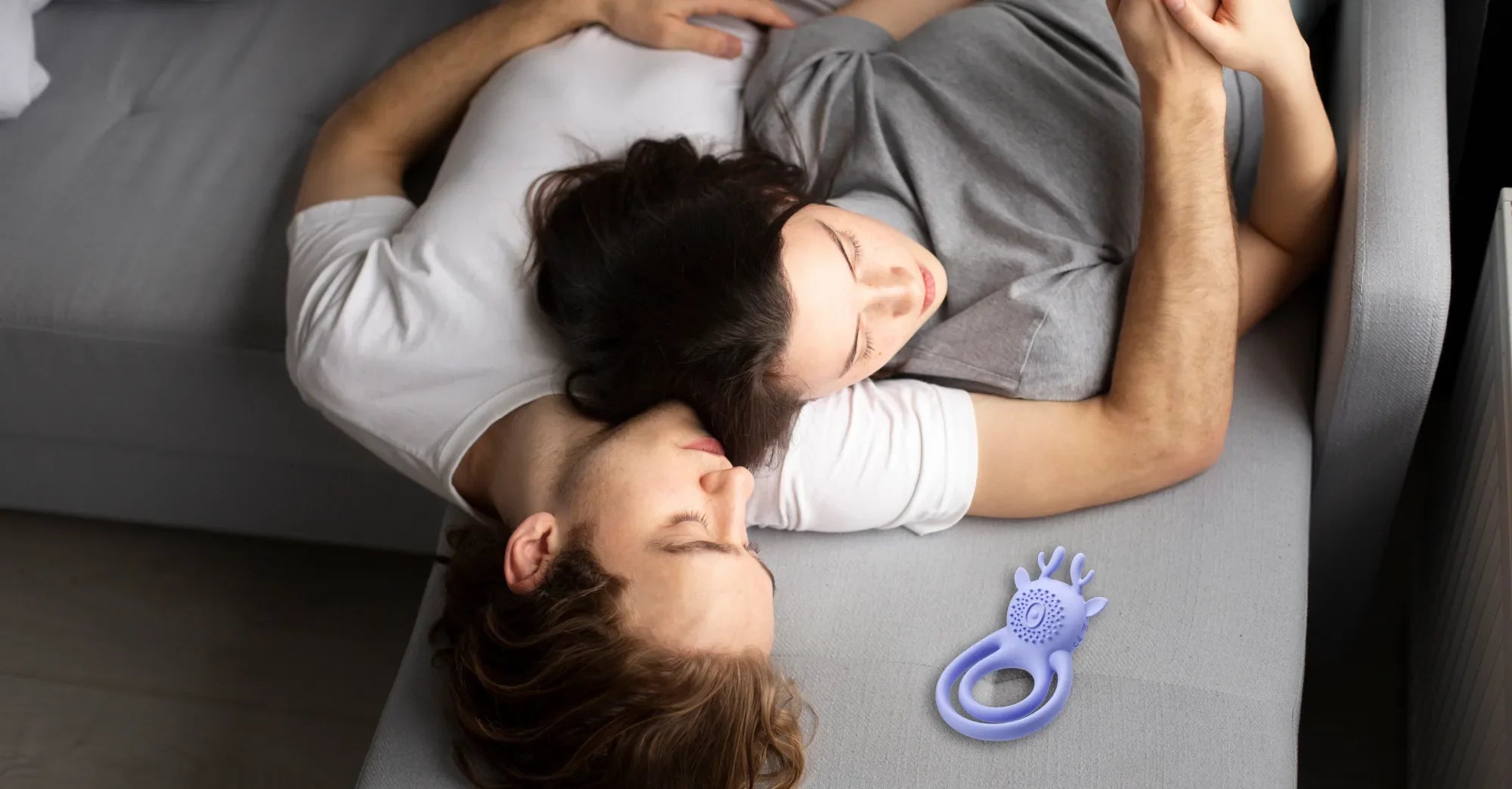If you’ve ever paused mid‑scroll to think, “why is it called horny?”, you’re not alone. The word pops up in memes, group chats, and even modern sex‑ed—but its roots are older and more layered than you might expect. This guide breaks down the horny meaning, where the term comes from, how its usage shifted over time, and why your body sometimes feels very “horny” for reasons that are more biology than mystery. We’ll keep the tone easy, human, and precise—with quick links to trustworthy dictionaries and research.
The quick answer: horny meaning (modern English)
In everyday English, horny means sexually excited—informal but extremely common across dialects. Major dictionaries list this sexual sense alongside older, literal meanings such as “made of horn” or “hard/calloused.”
In short: Today, horny = aroused in informal speech; in technical/biological contexts, horny can still mean horn‑like or calloused (e.g., the “horny layer” of skin).
Why is it called horny? A short etymology
The word horny originally had nothing to do with sex. It meant “made of horn” in Middle English (14th century), then broadened to “calloused/horn‑like” by the 1600s. The sexual sense—“lustful, excited”—arrived much later, in the 1800s. Etymologists trace it to earlier slang like “to have the horn,” a late‑18th‑century phrase for sexual excitement, itself tied to horn as slang for an erect penis (attested around c.1600). Over time, the adjective horny absorbed that sense and spread to all genders.
Timeline at a glance:
- Late 14th c.: horny = made of horn.
- 1690s: horny = calloused/firm, like horn.
- 1800s: horny = sexually aroused (probably via “have the horn” and horn = penis).
If you’ve heard myths about goats or “cuckold’s horns,” note that reputable etymology sources emphasize the “have the horn” → horny pathway and the older slang of horn = penis—not goat folklore.
The non‑sexual sense: the horny layer of skin
You’ll still see horny used in scientific and dermatology contexts. The skin’s outer barrier is the stratum corneum, literally “horny layer” in Latin (corneum = horn‑like), because it’s tough and keratin‑rich—more like an animal’s horn than soft inner tissue. Encyclopedias and medical dictionaries use this phrasing frequently.
That’s why older English featured phrases like “horny‑handed”—nothing to do with desire, everything to do with callouses.
What does horny mean for your body? (biology in brief)
People often turn the etymology question into a practical one: “What does horny mean for how I feel… and why am I so horny sometimes?” In modern sex‑ed, those questions sit under libido or sex drive, which psychology defines as the motivational energy behind sexual desire. It’s shaped by hormones, sleep, stress, relationships, culture, and more.
Big drivers of “I feel horny” (with research)
- Hormones & cycles. In people who ovulate, studies repeatedly find a bump in sexual desire around the fertile window (late follicular/peri‑ovulatory phase)—though strength of the effect varies across individuals and studies. Recent work continues to support modest, average increases in desire and sexual motivation during this window.
- Sleep & testosterone. Poor sleep and short sleep duration are linked to lower testosterone in men—one reason sex drive can ebb when you’re exhausted.
- Stress & cortisol. Elevated stress hormones can dampen sexual response in some contexts; laboratory studies show complex interactions between cortisol, arousal, and sexual functioning. Translation: stress often doesn’t help.
- Season & light (emerging findings). Some large‑scale app‑based data suggest longer daylight may correlate with ovulation rates and logged libido, though effects can differ by population and method. Treat this as “interesting,” not a rule.
Bottom line: Feeling horny rises and falls for very normal, multifactor reasons. If you like the feeling, enjoy it; if something worries you (e.g., new meds, persistent distress), a clinician can help you sort it out.
Is horny polite? Register & alternatives (aka “other words for horny”)
Horny is labeled informal in learner dictionaries; it’s fine in casual contexts and sex‑ed, but choose your audience. For softer or formal settings, try:
-
neutral/mild: aroused, turned on, feeling desire, sexually excited, in the mood (dictionary entries mark horny as informal; these are more neutral)
- romantic: feeling intimate, feeling passion
- British slang overlap: randy (clearly marked “informal” and often British), with related noun randiness.
- thesaurus picks: libidinous, lecherous, lustful (fit formal writing, not texting).
And in case you’re here for spelling: how do you spell horny? H‑O‑R‑N‑Y. (Dictionaries list this as the standard form.)
The word in culture: from slang to standard
Because dictionaries record usage, not just rules, you’ll find horny firmly embedded in English across media and everyday speech, marked as informal but widely understood. The sexual noun horniness is also standard—originally recorded in the 19th century for “horn‑likeness,” and by the 20th century for “sexual excitement.”
“Why am I so horny lately?”—practical answers (non‑medical)
If you’ve been asking “why am I so horny?”, consider the big buckets:
- Better rest, more desire. Good sleep correlates with healthier hormone rhythms that support libido.
- Less stress, more space. High stress often competes with arousal; rituals that lower cortisol (movement, breathwork, therapy) can help.
- Cycle rhythms. Ovulatory windows can nudge desire upward for many (not all). Track and notice your patterns.
- Relationship context. Novelty, emotional closeness, and feeling wanted can all increase arousal—no lab test required.
- Medications/health. Antidepressants, hormonal changes, untreated pain, or chronic illness can shift libido. If the change is new and unwelcome, speak with a clinician.
Want a hands‑free way to explore the feeling once you’re home and comfortable? Some people like remote‑controlled vibrators for playful, low‑effort sensation. Keep mentions minimal, but if you’re browsing: Remote‑Controlled Vibrators or a discreet option like Invisible Pink Remote‑Controlled Bullet Vibrator.
Mini‑glossary: define horny and friends
- horny (informal): sexually excited; also “made of horn”/“horn‑like” in technical contexts.
- horniness: state of sexual excitement; historically also “degree of horn‑likeness.”
- libido / sex drive: the psychological/biological energy or motivation for sexual activity. (Clinical sources use both terms.)
- stratum corneum (“horny layer”): skin’s protective outer layer, keratin‑rich and tough.
The deep dive: kinks of language and the body
Language evolves. Horny started as a texture word (horn‑like), then became a feeling word (sexually excited). That semantic jump wasn’t random—it followed existing slang. By the late 1700s, to “have the horn” already meant being aroused, likely riffing on horn as a phallic slang term in earlier English. Adjectives formed from nouns all the time in English, so horn → horny was a natural step. Today’s casual “I’m horny” is just the latest chapter in a long story.
Meanwhile, your body’s horniness is part chemistry, part context. Testosterone and estrogen influence desire; sleep and stress tune those hormones; relationship dynamics and novelty provide the “why now?” A growing body of research finds average increases in sexual desire around ovulation, but the amplitude is personal. Think of it like a tide—predictable patterns overlaid by weather.
Frequently Asked Questions
Why is it called horny?
Because the adjective horny—originally “made of horn” and then “horn‑like/calloused”—picked up a later slang sense via expressions like “have the horn,” with horn also serving as older slang for an erect penis. The sexual meaning is clearly attested by the 1800s.
What does horny mean in English today?
Informally, sexually excited. In technical/biological contexts, horny can still mean horn‑like (e.g., the skin’s horny layer).
Is horny a bad word?
It’s informal, not obscene. Use it in casual contexts; choose neutral phrases (aroused, in the mood) in mixed or professional settings.
Why am I so horny at certain times of the month?
Hormonal patterns—especially around ovulation—can nudge desire upward for many people who ovulate (individual mileage varies).
Does stress make you less horny?
Often, yes. Elevated cortisol can complicate sexual arousal and satisfaction for some; lowering stress can help.
Is sleep connected to feeling horny?
Yes. Poor sleep is associated with lower testosterone in men and can blunt desire. Good rest supports healthier libido.
What are other words for horny?
Aroused, turned on, randy (UK‑leaning), or more formal choices like libidinous and lustful. Pick the tone that fits your audience.
